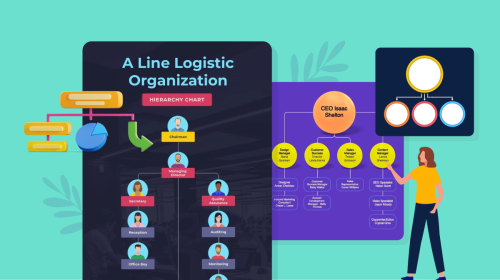
How to Create a Full Cycle Recruiting Process & Strategy for Your Top Talent

Recruiting top talent costs money, time and effort.
However, hiring the wrong people can be an even bigger money pit. According to Zappos CEO Tony Hsieh, bad hires cost his company over $100 million. Terrifying, isn't it?
One way to land top talent without breaking the bank is through the full cycle recruitment process. This model takes a holistic approach, considering every facet of the hiring process from beginning to end.
The best part? Companies can save money, streamline processes, improve the candidate experience and achieve better hiring outcomes.
In this article, we will discuss what full cycle recruiting is and guide you through creating and implementing a full cycle recruiting strategy. We will also explore tools, templates and best practices to help you identify, engage, assess, and onboard the best candidates for your organization.
Let’s begin!
Table of Contents
- What Is Full Cycle Recruiting?
- Benefits of Full-Cycle Recruiting
- Challenges of Full Cycle Recruiting
- The Full Cycle Recruiting Process
- How to Implement a Full Cycle Recruiting Strategy
- Full Cycle Recruiting Tools
- Templates to Use for Full Cycle Recruiting
Quick Read
- Full cycle recruiting is the complete process of finding and hiring top talent for a company.
- The full cycle recruitment model reduces the time to hire, improves the recruitment process, promotes a better candidate experience and attracts top talent.
- Some of the cons of full cycle recruiting include increased workload, time-consuming potential for bias, and difficulty scaling the process.
- The full cycle recruitment process has six stages–preparation, sourcing, screening, selection, hiring and onboarding.
- To implement full cycle recruiting, conduct a detailed job analysis, source for ideal candidates, streamline your screening process, review and improve the process. Read more below.
- You need applicant tracking systems, human resource information systems, communication tools and content creation tools.
- Visme has an extensive library of templates, features and tools to support every stage of your full cycle recruitment process.
What Is Full Cycle Recruiting?
Full cycle recruiting (also called 360, end-to-end or full life cycle recruiting) describes the complete process of sourcing and hiring talents. The cycle starts when the company identifies staffing needs and ends when the candidate(s) join the team.
This holistic recruitment process follows six talent acquisition stages – preparation, sourcing, screening, selection, hiring and onboarding.
When it comes to traditional recruitment, there are multiple handovers. Also, responsibilities are shared among different individuals or teams, prolonging the entire process.
But full cycle recruitment takes a more comprehensive approach. Depending on the organization's size, the full cycle recruiter may be one person (the HR Manager).
In large companies, a dedicated team is assigned to handle the entire hiring process. Companies can also opt to outsource the recruitment process to a full-cycle recruiting agency.
Benefits of Full-Cycle Recruiting
Full cycle recruitment has a lot of perks. It makes the recruitment process as efficient as possible.
Here are other benefits of implementing end-to-end recruiting:
- Reduces Time to Hire. Full-cycle recruiting speeds up the hiring process and enables the company to attract the best talent. The longer the time-to-hire, the higher the risk of losing out on qualified candidates who may be speaking to other recruiters.
- Streamlined Recruitment Process. The full cycle recruiting model streamlines the hiring process because recruiters have complete control. This, in turn, eliminates bottlenecks and reduces communication gaps, enabling recruiters to move at a faster pace.
- Better Candidate Experience. The 360 recruitment cycle enhances the candidate’s experience. They have a single point of contact throughout the recruitment cycle. Candidates know exactly who will guide them through each stage, rather than speaking to various people simultaneously or getting confused about who to contact and when.
- High Quality Hires. The end-to-end recruitment cycle adopts a more personalized and in-depth approach compared to other traditional models. The focus is on building solid relationships with prospective hires and building a rich pool of quality candidates. The result is that companies can spot the best candidates, improving the overall quality of hires.
Made with Visme Infographic Maker
Challenges of Full Cycle Recruiting
Although full cycle recruitment is hailed as effective, it also comes with its fair share of challenges.
Let's look at some of the drawbacks of full cycle recruiting.
- Time and Resource Intensive. Recruiters may be required to work extra hours to attend to candidates and also manage other administrative tasks. This may limit their ability to specialize in core recruiting competencies.
- Increased Workload. The increased workload involved makes it daunting for the full cycle recruiter to approach each stage with equal aptitude and expertise. Hence, the service quality and attention given to each stage can be impacted.
- Potential for Bias. With full recruitment life cycle, the same individual or team handles all stages of the hiring process. This could introduce biases that unintentionally influence their decision-making and affect the objectivity of the process.
- Difficulty in Scaling. As the organization grows and the volume of hiring increases, it can become harder for a small team to scale the hiring process while maintaining quality. Therefore, the full cycle may be suitable only for smaller organizations or specialized roles.
The Full Cycle Recruiting Process
Made with Visme Infographic Maker
The full cycle recruitment process has six stages. At each stage, the recruiter performs different activities that make the process super efficient.
Let’s dive into the different stages of full life cycle recruiting.
Preparation
At this initial stage of the recruiting life cycle, the recruiter gathers enough information from the hiring manager. They work together to:
- Identify the hiring needs and requirements for the new position.
- Create a candidate persona - a semi-fictional representation of their ideal candidate. This persona highlights the skills, motivations and personality of a suitable candidate.
- Determine the job description and remuneration a candidate will be offered.
The details provided will be used to construct a job advertisement that contains a summary of the position, duties, pay scale, perks and other information about the organization.
Sourcing
At this stage, the recruiter actively seeks out potential candidates that fit the position. More than 77% of recruiters use LinkedIn to find job seekers. But that’s just one of the popular channels.
Other channels through which recruiters search for candidates include:
- Job boards
- Social media
- Career websites like LinkedIn and Glassdoor
- Professional networks
- Word of mouth/ Employee referrals
- Direct sourcing
Screening
Next in the hiring cycle is the screening stage. This step focuses on reviewing selecting and filtering qualified candidates from the larger applicant pool. Recruiters review cover letters and resumes either manually or with hiring software. They may also conduct online or in person interviews to evaluate candidates more closely.
At this stage, many teams rely on resume parsing to extract and organize candidate information more efficiently. Tools like Recruit CRM convert unstructured resume data into searchable fields, which makes screening more consistent and less time intensive.
Recruiters may also use pre selection techniques to evaluate cognitive abilities and overall fit. This can include personality tests skills assessments IQ testing and other evaluations to identify the most suitable candidates for the next stage.
Selection
You’ve screened and shortlisted qualified candidates; great job! The next stage involves picking the best among the best.
To determine the perfect fit for the role, the recruiter conducts face-to-face or virtual interviews. The goal is to learn more about their qualifications, work experiences and unique abilities.
Depending on the job role and requirements, recruiters may ask detailed questions. You can request written assignments or assign tasks to ensure the suitability of candidates for the job.
Once recruiters select a particular candidate, they do background checks. They also reach out to their references to get valuable information. Throughout the process, the HR team maintains constant communication with the recruiter to provide assistance and ensure coordination at every stage.
Hiring
The hiring stage is the make-or-break moment of the process. Recruiters will reach out to the selected candidate with an official job offer. This is the stage where they meet to discuss and negotiate terms and other details, like:
- Job responsibilities
- Remuneration and compensation
- Employee benefits and Bonuses
- Starting date
- Leave period and holidays, etc.
Here’s the unique thing about the full cycle model. The recruiter is also in charge of negotiations and documentation. Since candidates have direct contact with the same person throughout the hiring process, they are comfortable. This improves their experience and fosters a positive image of the company.
Onboarding
This is the final stage, where the hire is integrated into the company. Companies that nail their onboarding processes enjoy several benefits. According to a study by the Brandon Hall Group, having an effective onboarding process can boost new hire retention by 82% and productivity by 70%. This stage involves several activities, including:
- Sending an email to welcome the new hires and introduce them to their team
- Sharing the company’s employee handbook, training materials, hierarchy chart and job aids
- Conducting an orientation and onboarding presentation to familiarize the new hire with the company’s norms, culture, rules, and regulations
- Sharing tools, equipment and account signups
- Inviting them to informal induction activities and more.
Streamline your onboarding process using an onboarding checklist. With an eye-catching onboarding checklist template, you can ensure nothing falls through the cracks.
How to Implement a Full Cycle Recruiting Strategy
Made with Visme Infographic Maker
Full cycle recruiting is a robust strategy that can help you identify the best fit for your company. But how do you successfully implement it?
We'll share useful tips and best practices to help you navigate the end to end recruitment cycle.
Conduct a Clear Job Analysis
Start by conducting a thorough job analysis. The goal is to understand the role's requirements, responsibilities, and desired qualifications. This clarity will help you identify and attract the right candidates.
Another way to get clarity or spot the ideal applicant is by creating a candidate persona.
Ask yourself, what are the qualifications and skill set required for the position? What are the responsibilities and activities that the candidates are expected to fulfill?
Check out similar positions to evaluate whether the job scope is aligned with industry standards. Go the extra mile to browse job descriptions for similar positions on LinkedIn or Indeed. You can even check compensation on Payscale and Salary.com.
To get more answers, interview experts or someone on your team who would supervise your ideal candidate. Then ask about the skills and experience employees need to thrive in the role.
Use the insights you’ve gathered to help craft your ideal candidate’s persona.
Source for Ideal Candidates
Now you know what you want in an ideal candidate. The next step is to take a proactive step to find them.
Utilize multiple sourcing channels to seek out potential candidates. For example, you can post job advertisements on job boards, social media platforms, professional networks, and employee referrals.
You can reach out to passive candidates who may not be actively job searching. Better yet, identify existing employees qualified to take up this role and promote them. Grooming and promoting internal candidates is a great way to plan for succession.
Read on to learn how to create professional job postings that attract top talent. Also, access a large repository of job advertisement templates from the Visme library.
Streamline Your Screening Process
Work toward making your screening process as seamless as possible.
Start by developing clear screening criteria. This will ensure you have a top-tier candidate pool, stay consistent and eliminate bias.
Next, efficiently review applications to identify candidates that match your criteria.
With manual screening, you risk sacrificing quality or overwhelming your team - especially when handling a large volume of applications.
Consider utilizing applicant tracking systems (ATS systems) to scan resumes and cover letters quickly. Then place the candidates that meet your criteria or ideal candidate persona on a shortlist.
Conduct Structured Interviews
Using a structured interview process can help you ensure consistency and fairness.
Prepare a set of standardized questions that assess candidates' skills, experience, and cultural fit. Include behavioral or situational questions to gauge their abilities and suitability. During the interview, ask candidates to provide examples of past experiences or hypothetical scenarios.
Then use scoring rubrics to rate candidate responses and assign scores based on predefined criteria.
Focus on Creating a Positive Candidate Experience
Offer experiences applicants want to rave about.
What's in it for you? It creates a positive first impression and increases their desire to work for you. Ultimately, you'll snap up talents before competitors do.
On top of that, positive reviews generate positive brand awareness. The outcome is that people want to buy, work or partner with your brand.
Here’s how to create share-worthy experiences. Promptly acknowledge that you’ve received applications and provide updates on the application's progress. Communicate regularly with candidates to inform them about their status and next steps.
Provide candidates with detailed information to make informed decisions. Be responsive, respectful, and transparent at all stages. Also, provide feedback and address their questions even if they are not selected.
Make Collaborative Decisions
As a full cycle recruiter, the buck ends with your team. However, that doesn’t mean you should operate in silos.
Involve relevant stakeholders, such as hiring managers and team members in the decision-making process. Consider their input and perspectives to make well-informed hiring decisions.
Make the most of Visme's whiteboard tool to brainstorm and share ideas. Visme’s collaborative feature makes communication and ideation seamless throughout the entire process.
You can set up a workspace and invite multiple collaborators. Everyone on the team can tag each other, leave comments, draw annotations and more.
Review and Improve the Recruitment Process
Once you’ve set the process in motion, the work doesn’t stop. Regularly evaluate and refine your recruitment strategy based on feedback, metrics, and outcomes.
Track HR metrics like time to hire, first year attrition, quality of hire, cost per hire, etc.
These numbers help you spot what's working and what needs to change. Implement changes to make your 360 recruitment cycle super efficient and top notch.
Full Cycle Recruiting Tools
Ready to go full throttle with your full cycle hiring process? Here are four key tools you need to have on hand.
Applicant Tracking Systems (ATS)
Applicant tracking systems are centralized platforms that help you streamline and automate the hiring process. One notable feature is the ability to manage large volumes of applications. It can quickly screen and filter applications based on predefined criteria. Applicant tracking systems are also used to:
- Create and post job listings on various platforms
- Source candidates from large recruitment portals
- Scheduling interviews, coordinating availability among interviewers and candidates, and tracking the progress of each stage
- Generate reports and analytics on recruitment metrics
Zoho Recruit, Rippling, Brezzy HR are all excellent examples of applicant tracking software.
Human Resource Information Systems (HRIS)
HRIS systems are used both in the pre-hiring phase and post-hiring phase. Some HRIS tools include features for creating job postings, tracking applications, screening candidates, and coordinating interviews. They are also used to:
- Automate payroll processes like salary calculations, tax deductions, benefits enrollment, and tracking
- Track employee time and attendance management
- Automate onboarding processes such as document collection, orientation, and training
- Manage performance evaluations, goal setting and feedback
- Administer training programs, track employee participation and manage learning resources
- Generate reports and analytics on various HR metrics
Great examples of HRIS include: Workday Gusto, Bamboo HR and Workable
Content Creation
At every stage of the full cycle recruitment process, you need the right visual content. And Visme is the perfect plug. In Visme’s extensive library, you’ll find tons of templates to support your full cycle recruiting.
Let’s see the content types and templates you need at different stages of the full cycle recruiting process.
- Job Postings: Highlight key responsibilities, qualifications and benefits of the position.
- Company Culture Videos: Develop videos that provide an inside look into the company's culture, values, and work environment.
- Social Media Graphics: Share engaging content on social media, including employee stories, behind-the-scenes glimpses, and company updates.
- Email Newsletters: Share updates, job opportunities, company news, and relevant industry insights to keep them engaged.
- Webinars or Virtual Events: Host webinars or virtual events where candidates can learn more about the company, industry trends, or professional development opportunities.
- Hiring and Onboarding Checklist: Guide employees through their first week, month and years of employment, ensuring you don't miss any steps.
- Onboarding Materials - Provide new hires with the necessary information and resources to transition smoothly into their new role. Examples include welcome packets, training videos, training manuals, job aids and presentations.
Communication
These tools are used to communicate with candidates and keep stakeholders informed. For example, email is famously used for correspondence. Video conferencing tools like Skype or Zoom, Google Meet, etc. are helpful for initial screening, interviews and discussing job offers.
Tools like Trello, Slack and Basecamp facilitate real-time communication and collaboration between recruiters and hiring managers. Social media platforms like LinkedIn and Twitter are helpful in engaging candidates, sharing job postings, and providing updates.
10 Templates to Use for Full Cycle Recruiting
Like we've mentioned before, Visme comes packed full of tons of different templates and features to get your recruitment process off to a flying start.
This list we’ve compiled here is just the tip of the iceberg regarding what you can get from our repository for HR teams. The beautiful thing is that we’ve listed this template in the order in which you might be in your recruitment cycle.
1. HR Manager Job Advertisement
Our first pick for this section is a template that helps you craft attractive job postings. The template has a sleek design that exudes elegance and visual appeal.
Every part of this professionally-designed job posting template is fully customizable. Edit this template's content, aesthetics, and structure until you are satisfied with the look and feel.
Keep your branding consistent across all your projects with Visme’s AI powered brand wizard. Just input your company’s URL and the tool will pull up all your brand assets and save it for your use.
2. Design Lead Job Advertisement
Here’s another eye-catching job advert template that leaves a positive first impression about your company. You can use this template to advertise any job. You only need to swap out the text to capture job information.
Not sure where to start with content? Inside the Visme editor, you can use the AI writer tool to generate content ideas and CTAs, proofread or summarize text and much more. Don’t forget to tweak the color, fonts, logos and other design elements to match your branding.
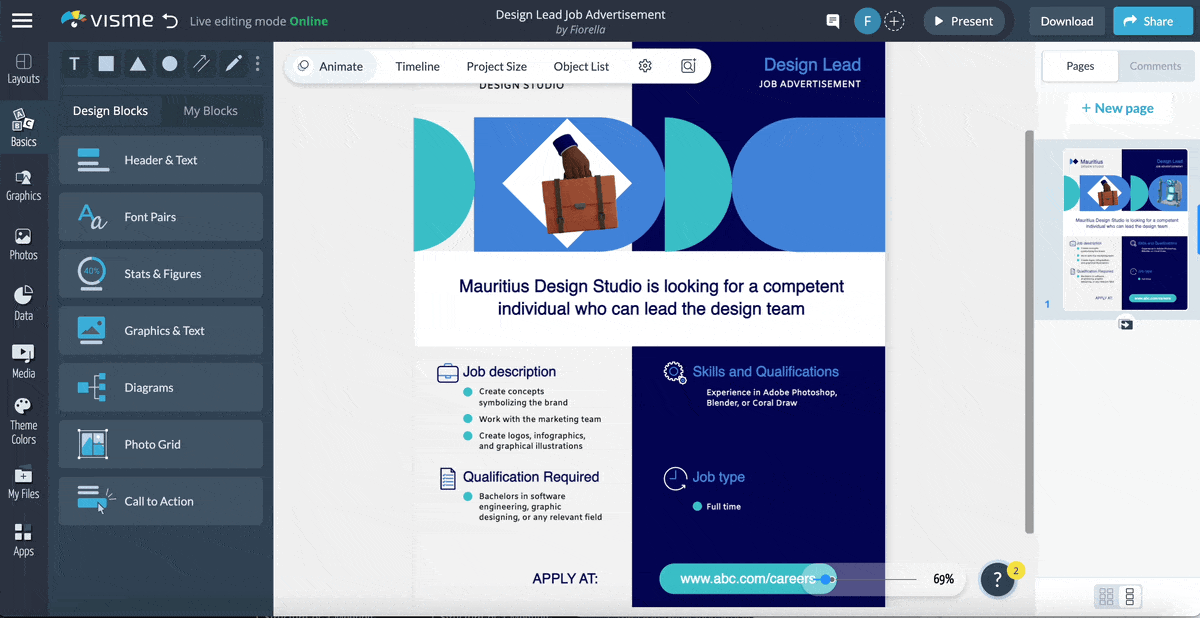
3. We are Hiring Facebook Video Ad
Are you on the hunt for talented individuals like you to join our incredible team? This video ad is definitely a stunner and pull factor.
With Visme’s video maker, there’s no limit to what you can do.
You can share a behind-the-scenes look at your company, including state-of-the-art facilities, amazing team members, and their inspiring stories. Also, highlight the incredible benefits and professional development opportunities they’ll get by joining your team.
Easily navigate the editor and get your video ready to hit the internet in minutes using the Visme shortcut. Simply press the forward slash on your keyboard. A search bar will appear to help you find anything you want.
4. Email Newsletter Template
Tailor communication with candidates using this engaging newsletter template. Our intuitive editor makes it easy for you to engage applicants based on their specific stage in the recruitment process.
Use their name, reference their qualifications, and provide timely and informative updates throughout the process. You can easily customize and update newsletters using dynamic fields, especially when dealing with multiple candidates.
5. Webinar Presentation
Leave a lasting impact on your candidates with this webinar presentation template. This is a great opportunity for you to share valuable information about the company's history, culture, values and benefit packages.
Also, highlight any recent successes, awards, or notable projects to showcase the company's expertise and reputation. During your presentation, allow for interactive Q&A sessions to engage with participants and clarify any concerns they may have.
Elevate your presentations with 3D icons, animated graphics, stock photos and other design elements. And if you have candidates from different time zones, the Visme presenter studio is your best bet. You can record presentations for your audience to view at their own pace.
6. Onboarding Checklist
Create an efficient and organized onboarding experience using this cutting-edge checklist template. The template is split into four sections–employee details, HR, orientation and work checklist. Feel free to add extra steps to ensure nothing is missed or overlooked.
Notice how the sleek icons and vibrant purple theme give this worksheet a professional feel. That’s one of the perks of using Visme. You can get access to thousands of stunning design assets. You can even edit content, apply custom colors, change images, and add or subtract pages.
7. Onboarding Presentation
Make your new hires feel at home using this sleek, eye-catching onboarding handbook presentation template. The template is professionally designed to help new employees to settle into their roles quickly, ramp up performance, and contribute to their company’s success.
Leverage images from our stock photo library to get your point across. And if you don’t find anything that suits you, use our AI image generator to pull up unique images, drawings, paintings, icons, art and 3D graphics.
8. Training Manual
With this training manual template, you can effectively guide new hires through the onboarding process. This comprehensive resource can serve as reference guides or job aids. New hires and existing employees can always refer back to it whenever they need clarification or guidance.
Liven up this trendy template with interactive elements like cool transitions, hover effects, clickable popups and menus, etc.
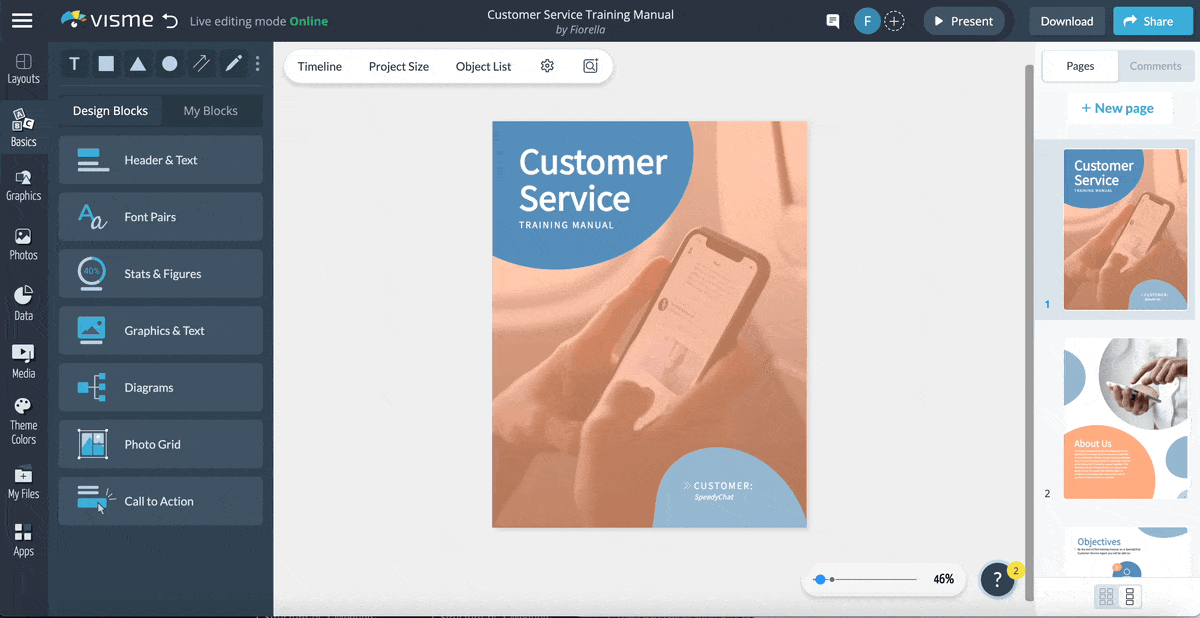
9. Job Aid
Want employees to perform their job duties effectively and efficiently? Start by simplifying complex job processes. Help employees retain knowledge beyond the initial onboarding period using this job aid template.
When employees hit a brick wall, this quick reference guide can help them navigate it easily. To enhance clarity, incorporate process flows, diagrams, flowcharts, illustrations, data visualizations and other visual aid.
10. Employee Handbook
Last on our list is the North Star for new hires—the employee handbook. Think of it as a roadmap that helps new and existing employees understand the company’s policies and expectations.
With this template, you can shed light on the inner workings of your company. In addition to its stunning design and color combo, it highlights information such as:
- Company culture
- Expectations from employees
- Perks and benefits
- Dress code
- Work Schedule and more.
Feel free to add additional information as you deem fit. Once done, you can download in JPG, PNG, PDF and HTML5 formats. Another option is to share it with them using a live link. Or embed it on your website for easy access. Then track how many people have viewed it and how much time they spent using Visme analytics.

Maximize Your Recruiting Process with Visme
Full cycle recruiting is the complete journey of finding and hiring the best talents.
However, it’s not just about finding the perfect fit. You want to ensure your company and the candidates have a smooth and successful experience. That’s why Visme is a preferred choice for many HR professionals—it makes the entire process a breeze.
When it comes to creating recruiting, onboarding and training materials, Visme’s extensive library of HR templates provides a springboard for your ideas. The intuitive, drag-and-drop editor is literally foolproof. No matter your design experience, you can create captivating visual content, including videos, presentations, infographics, ads, reports, manuals, ebooks and much more.
It’s time to improve your hiring and snap up the best talents. Sign up for Visme to supercharge your full cycle recruitment process and reach new horizons.
Create Stunning Content!
Design visual brand experiences for your business whether you are a seasoned designer or a total novice.
Try Visme for free





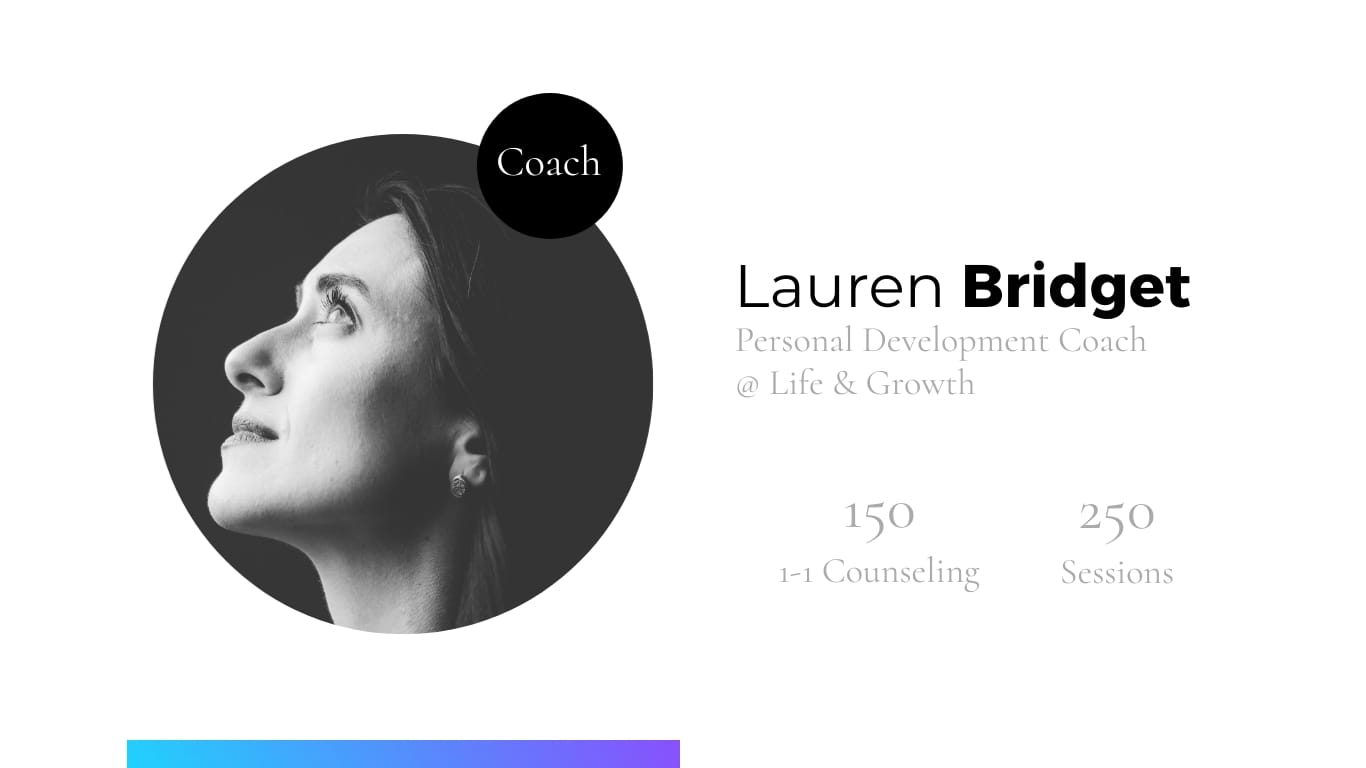
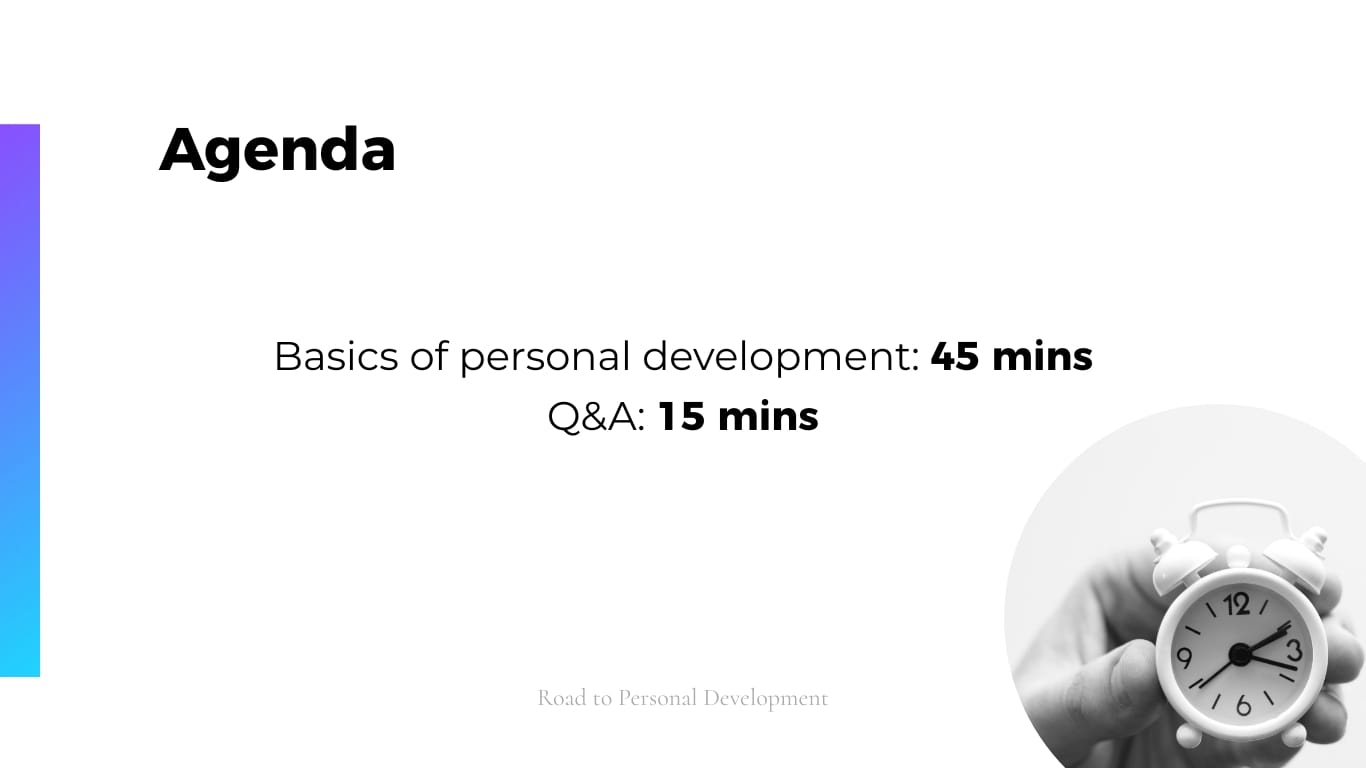
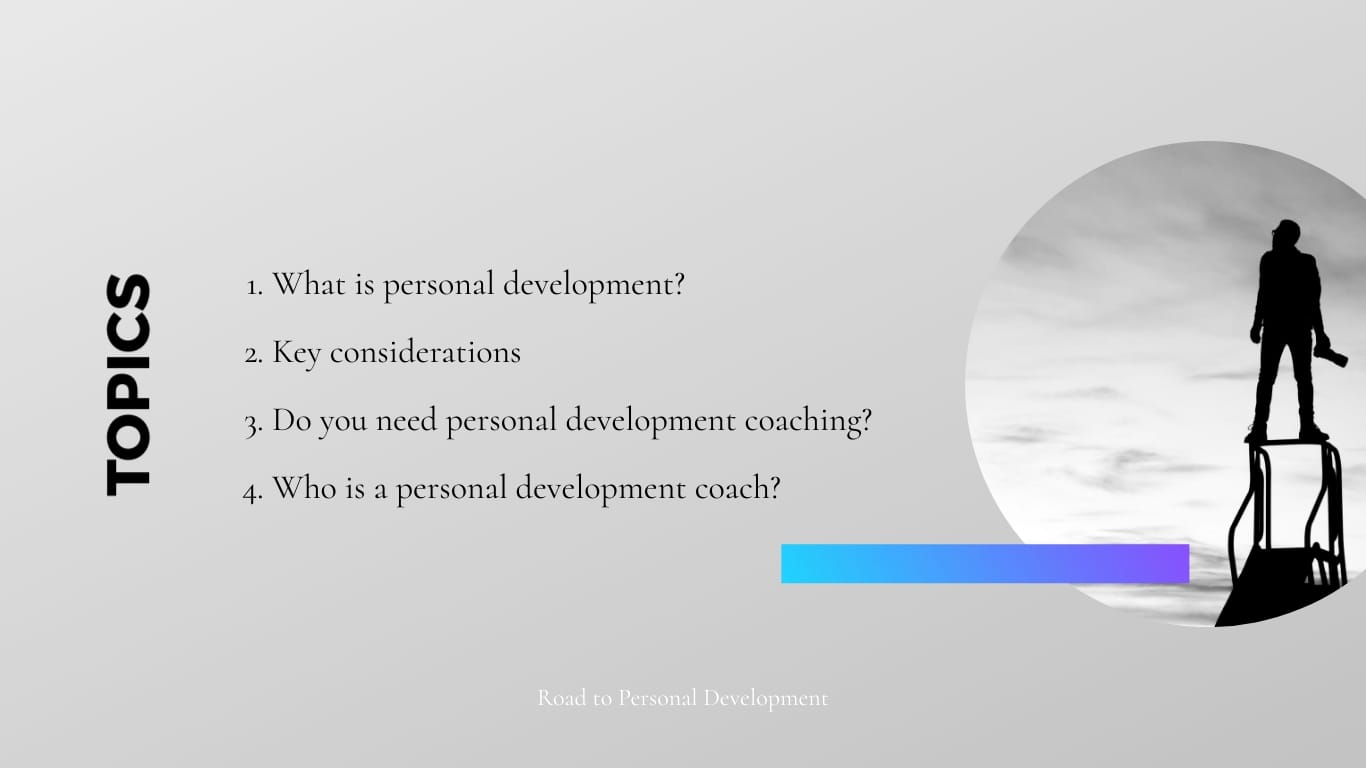
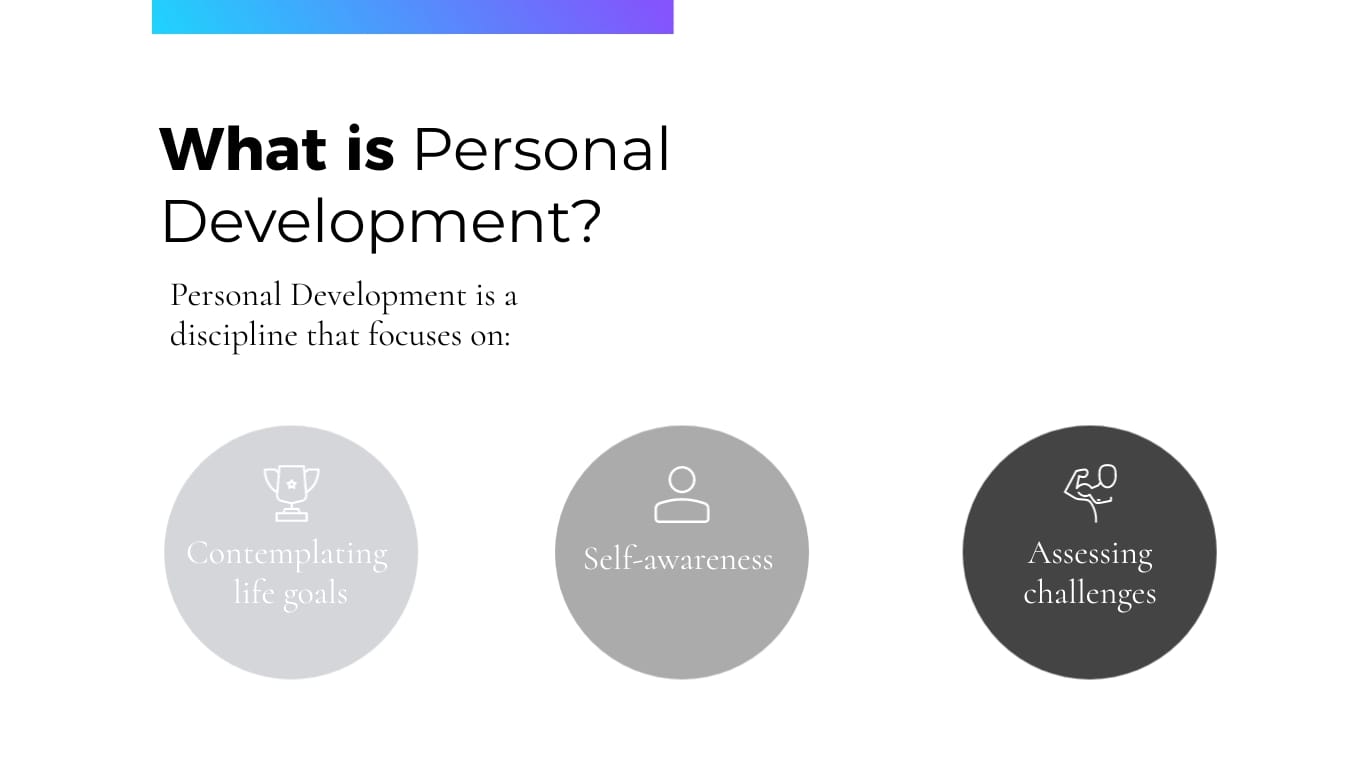
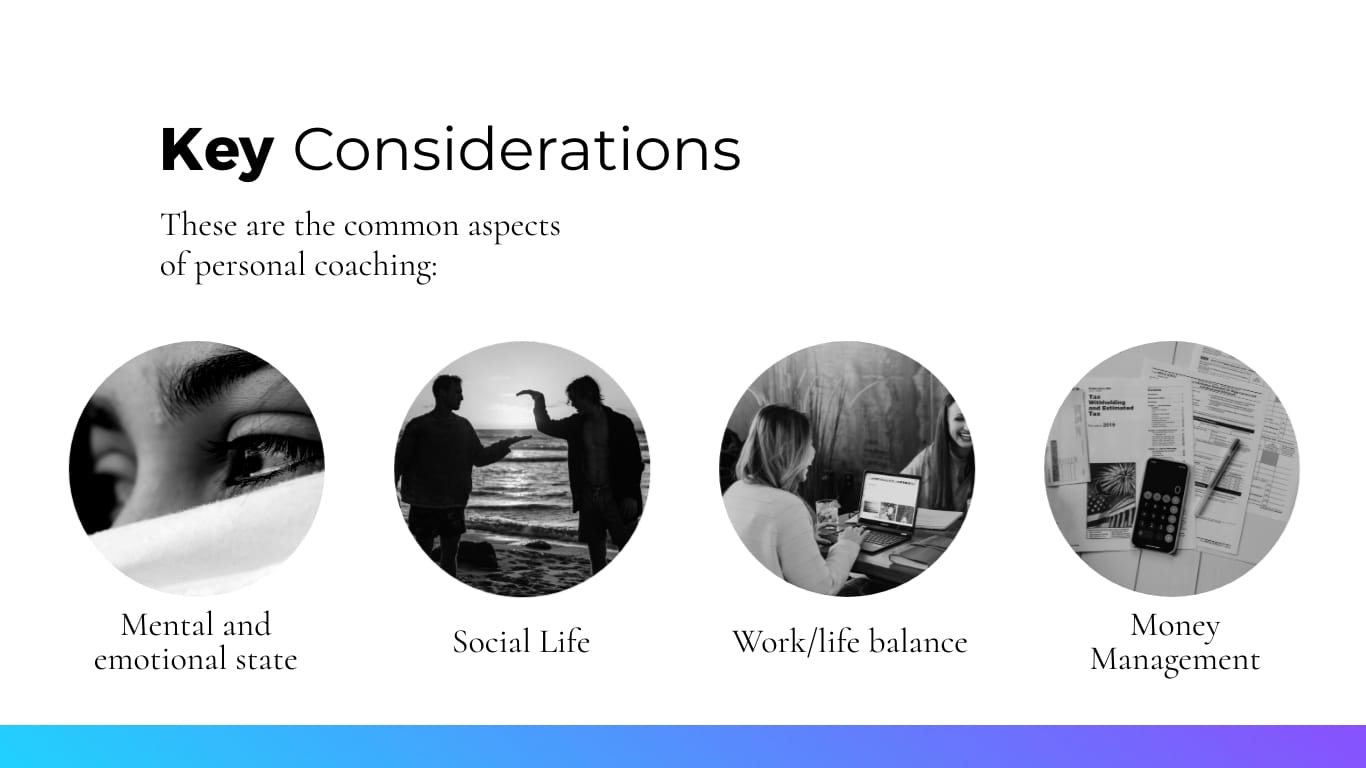

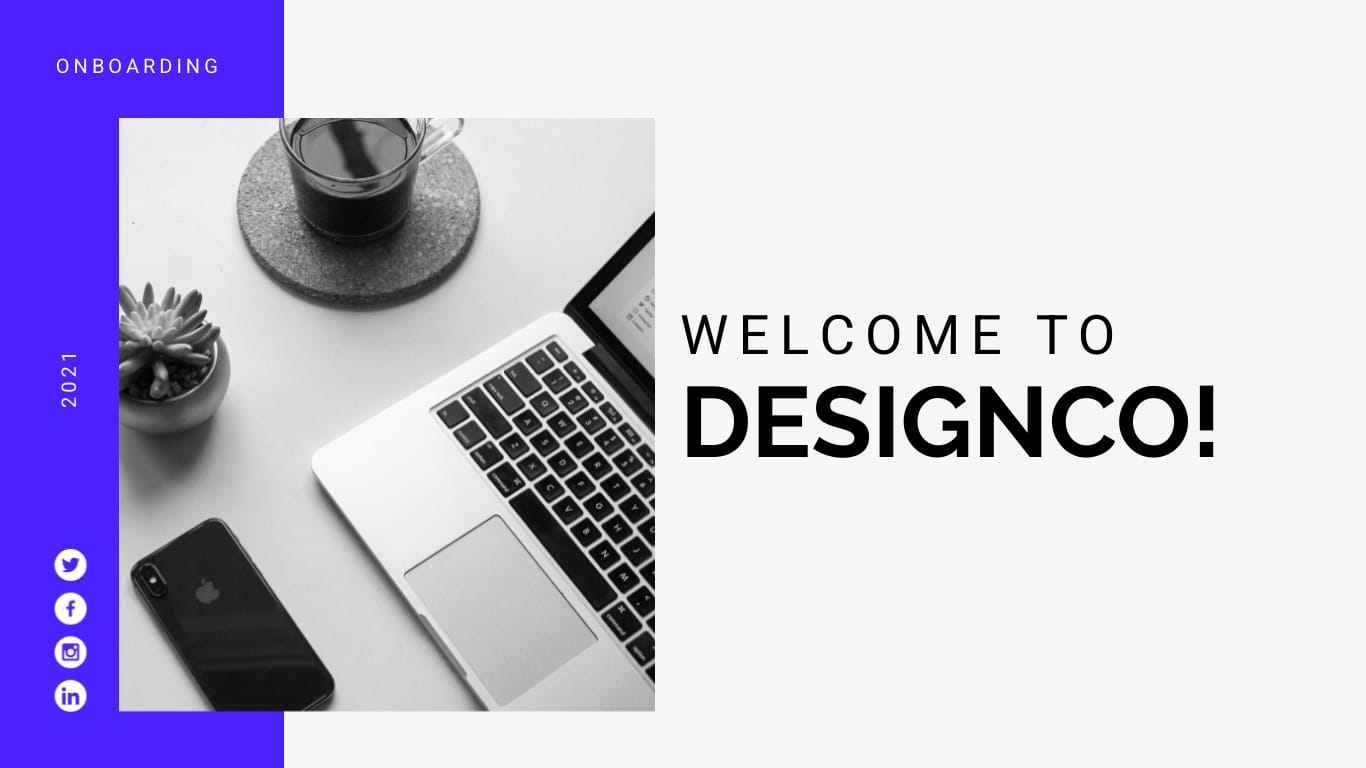


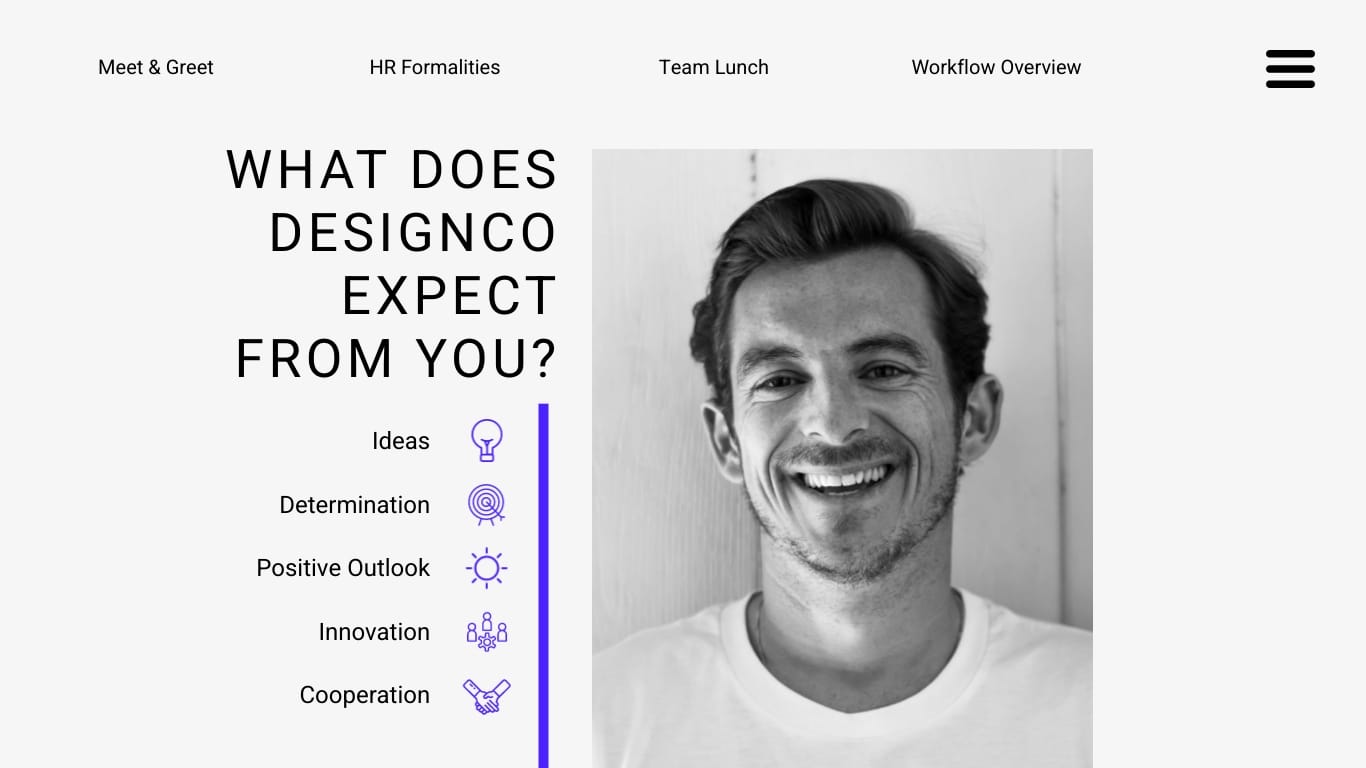
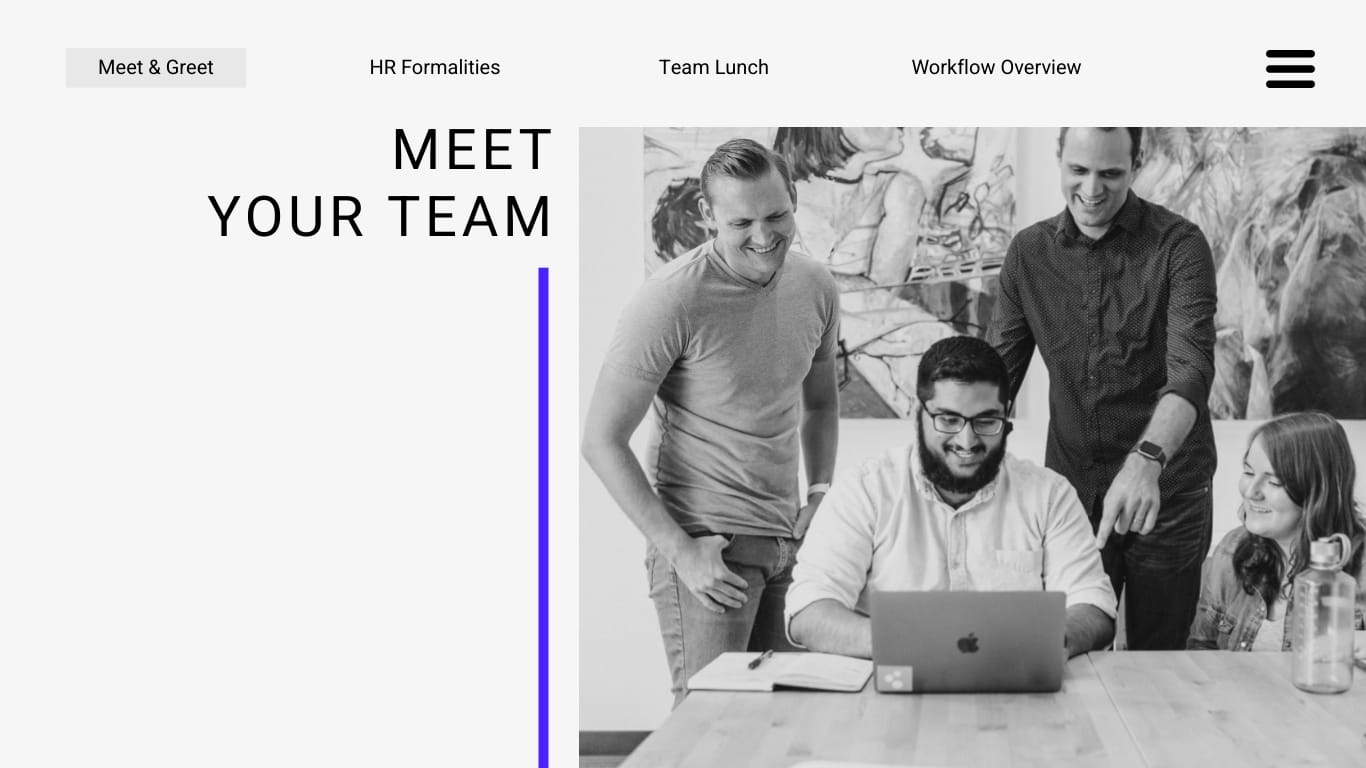
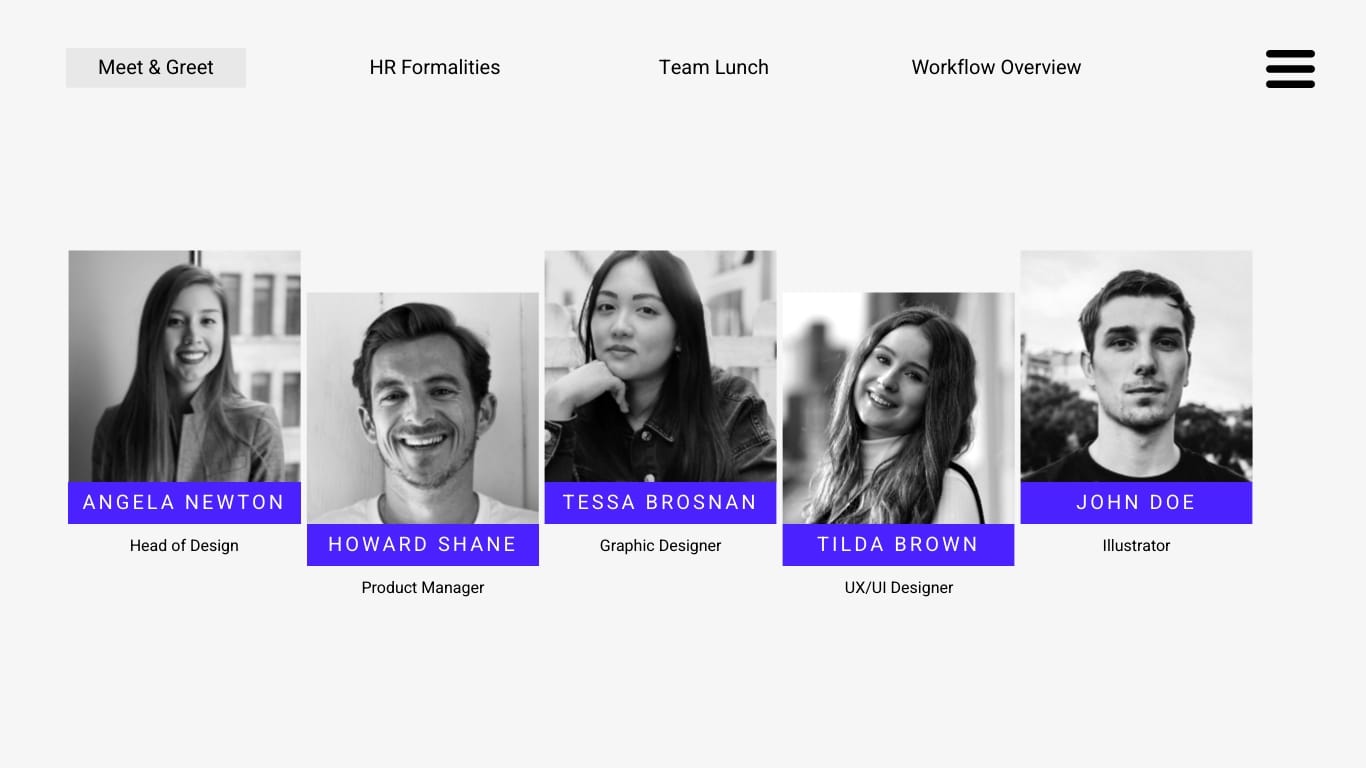
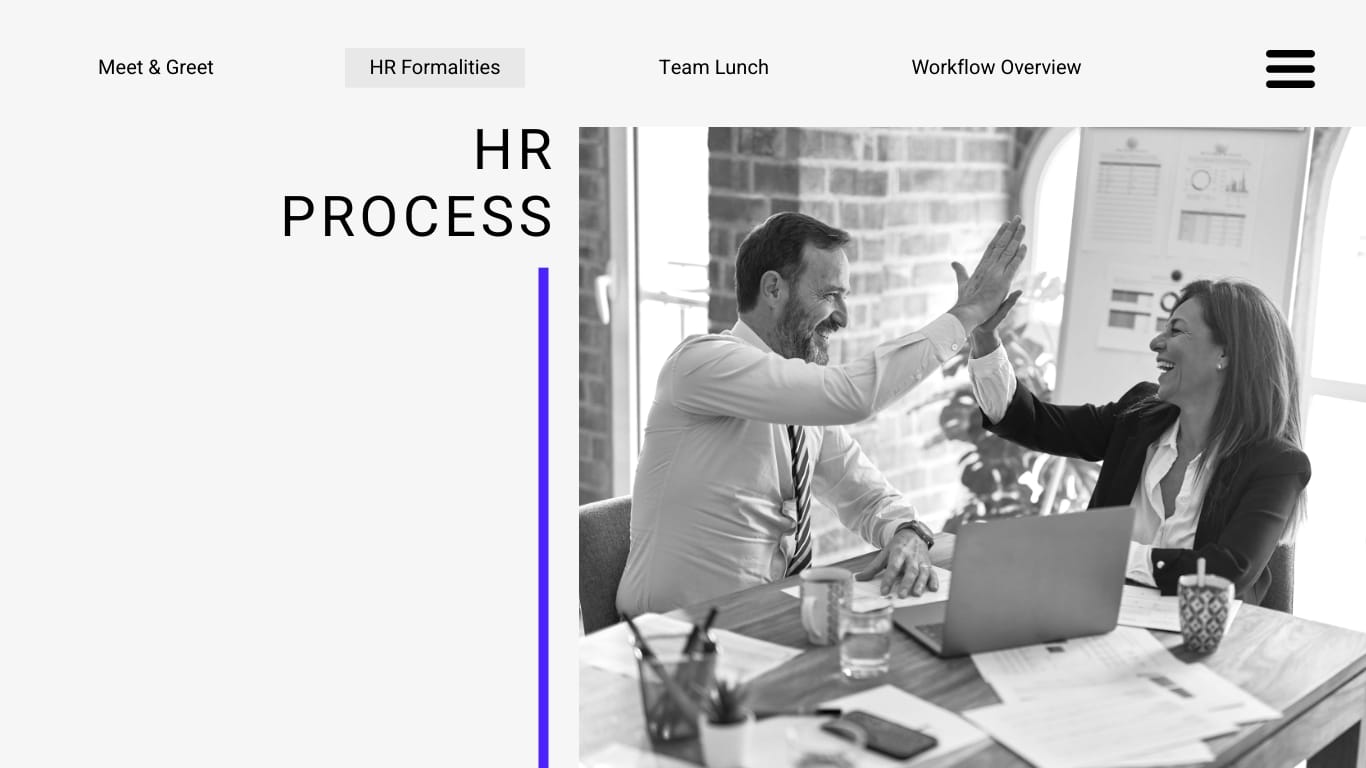
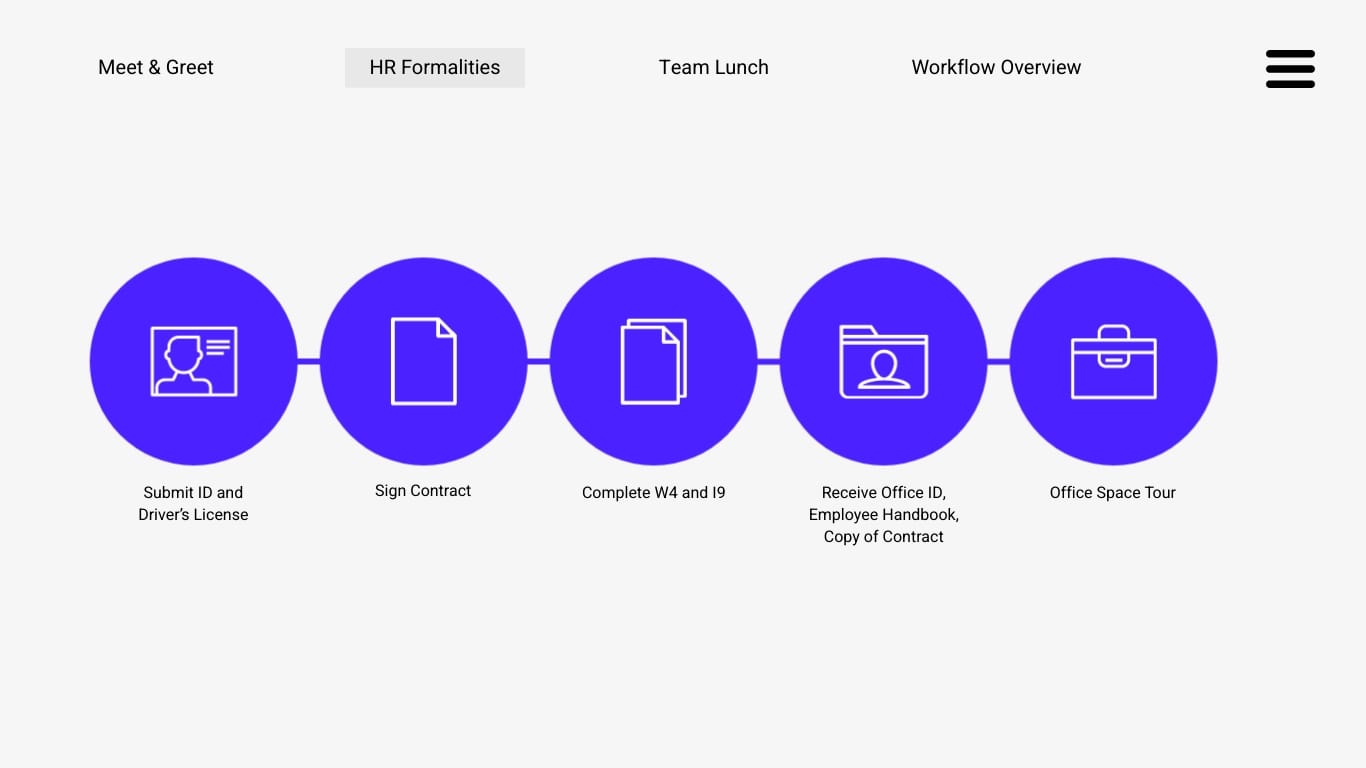
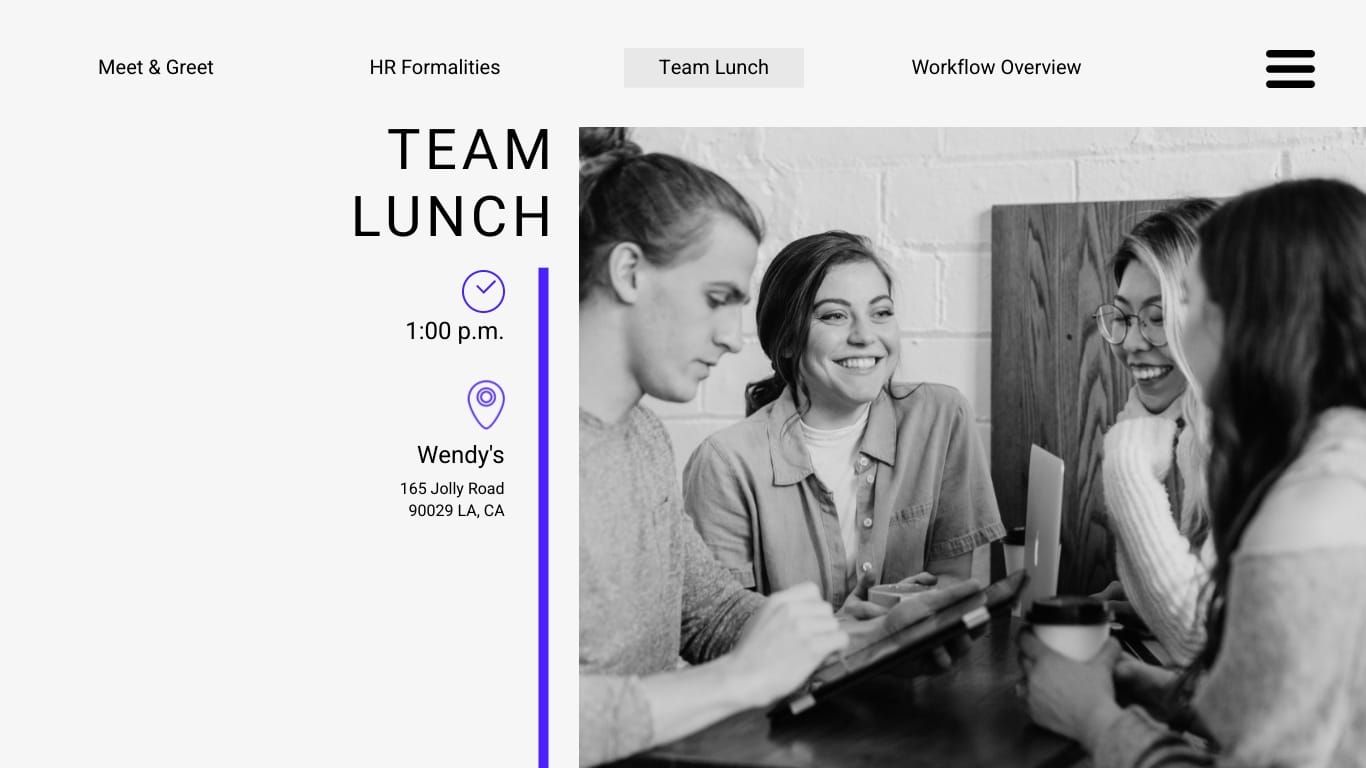
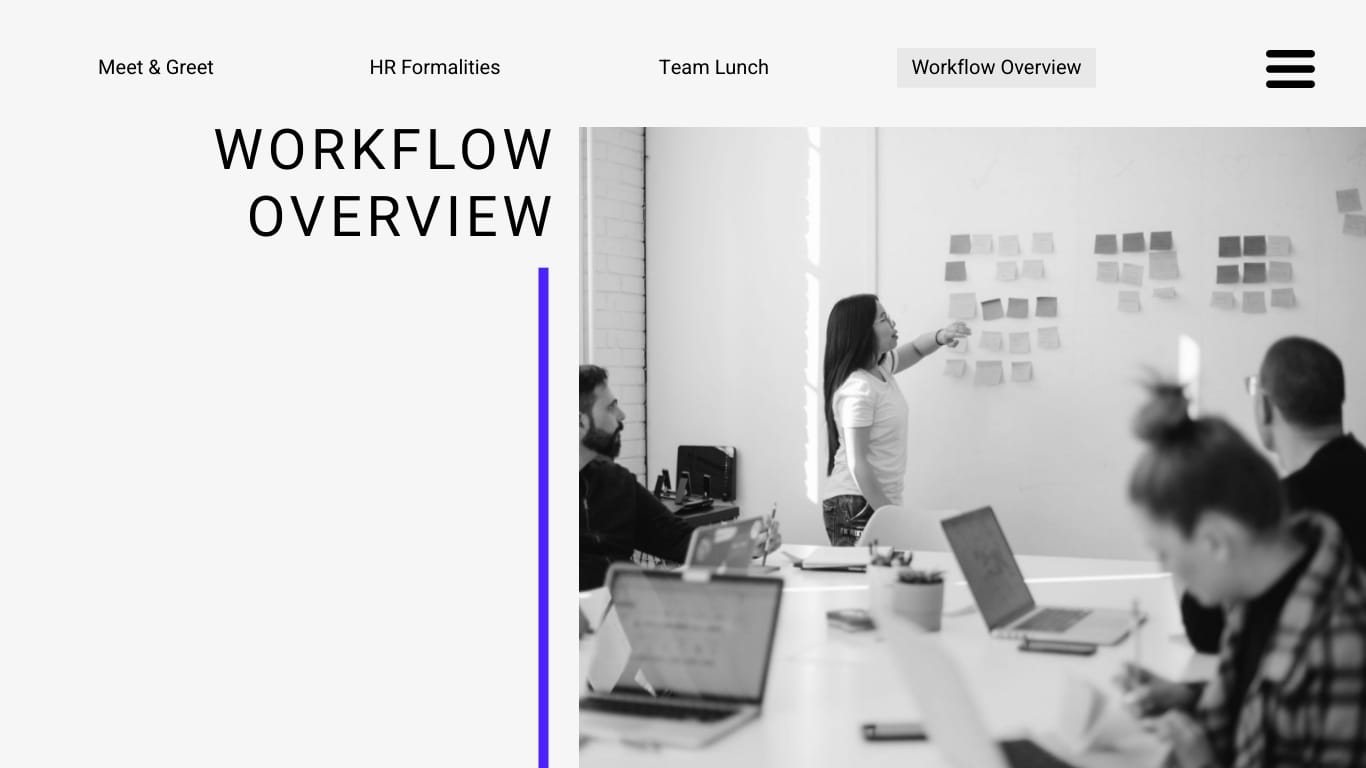
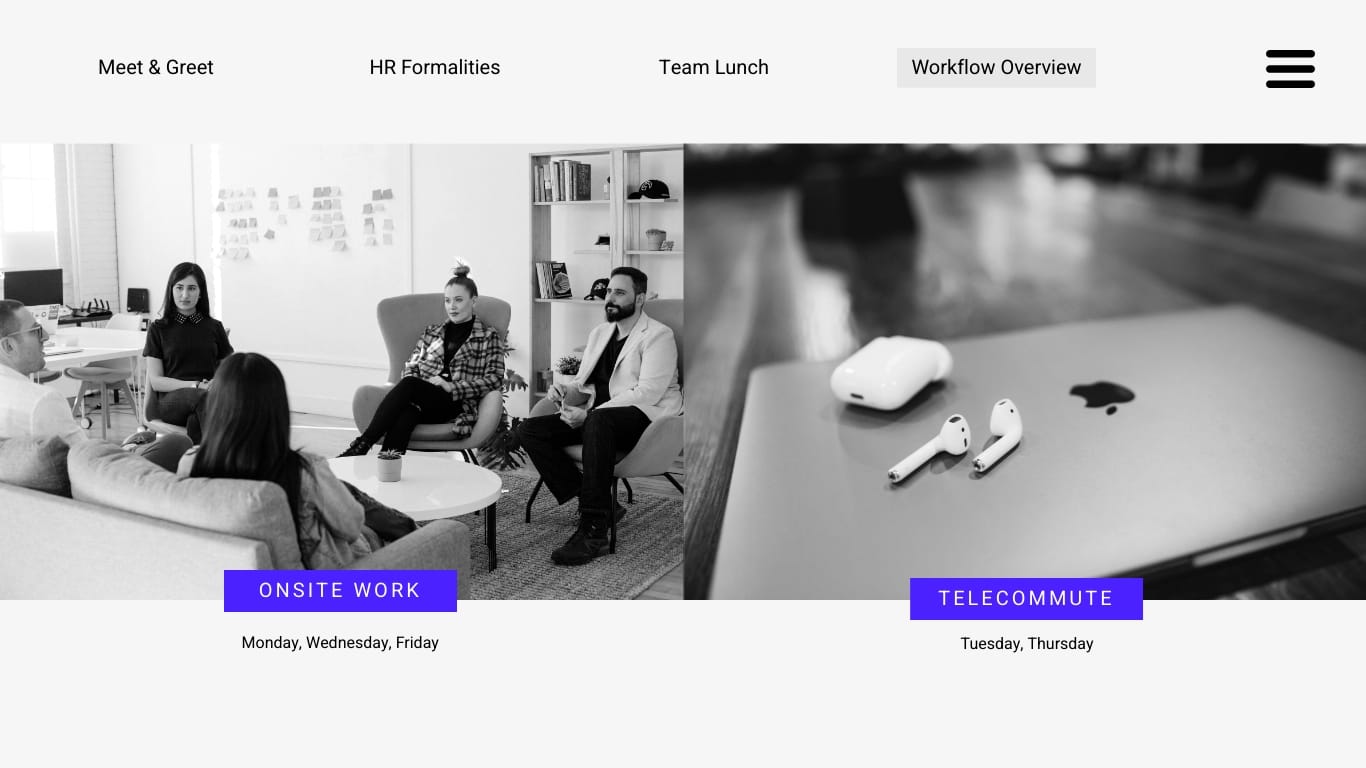
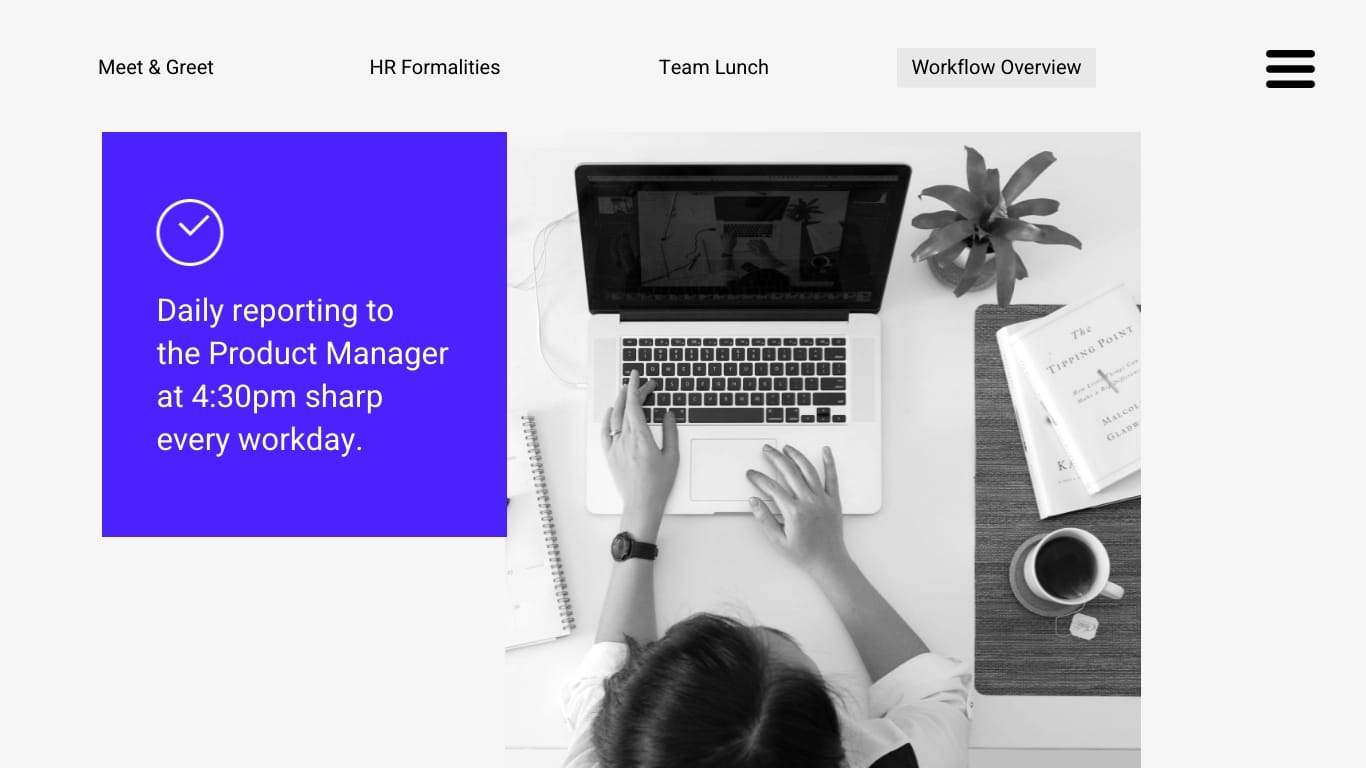
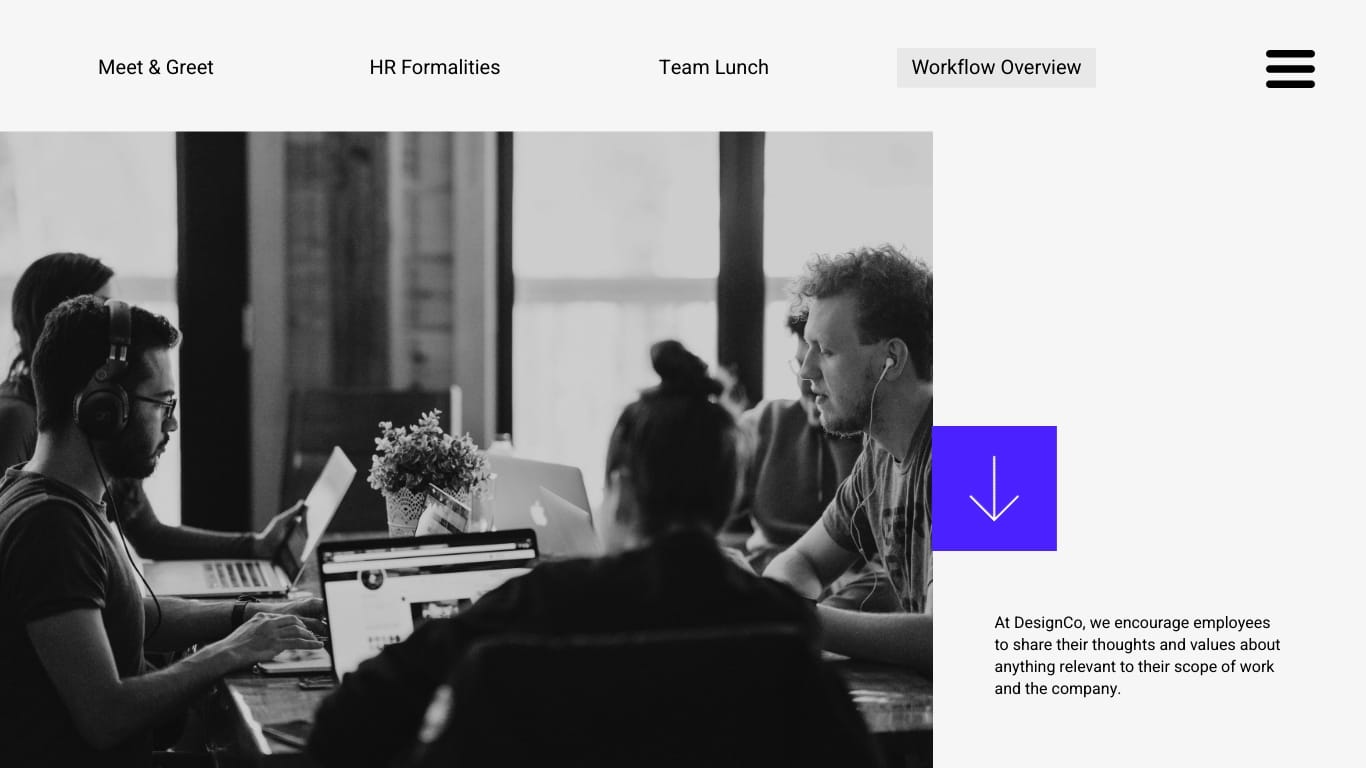
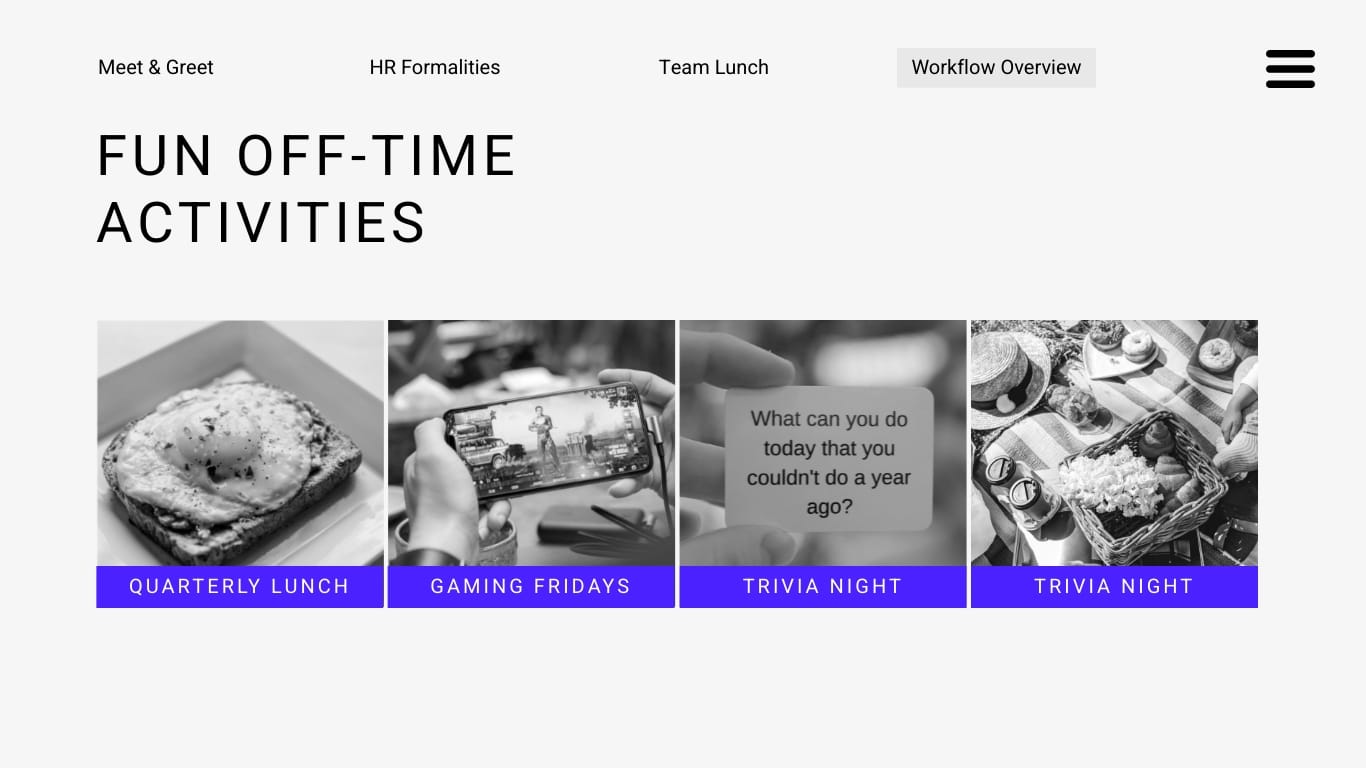

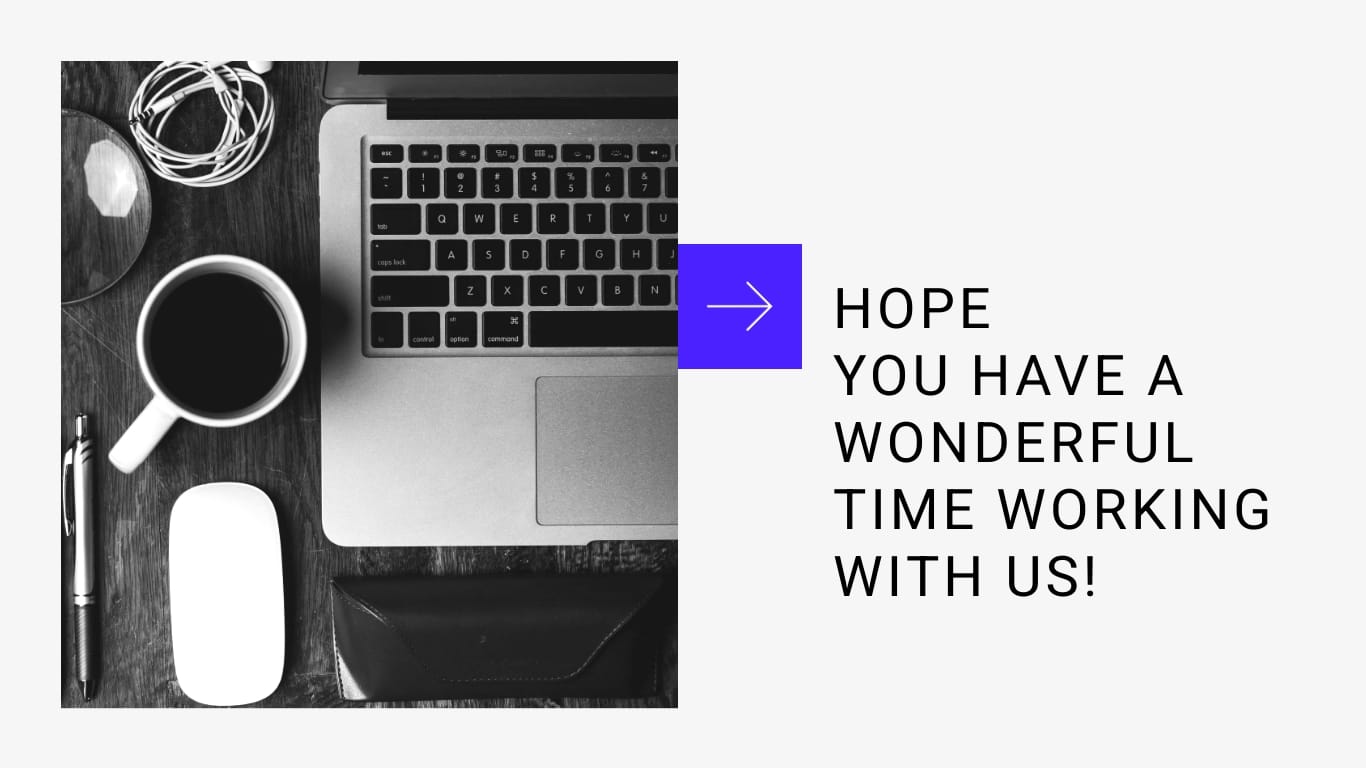










![Company Succession Planning: Understanding its Process & Documentation [Including Templates]](https://visme.co/blog/wp-content/uploads/2023/11/Company-Succession-Planning-Understanding-its-Process-Documentation-Thumbnail-500x280.jpg)

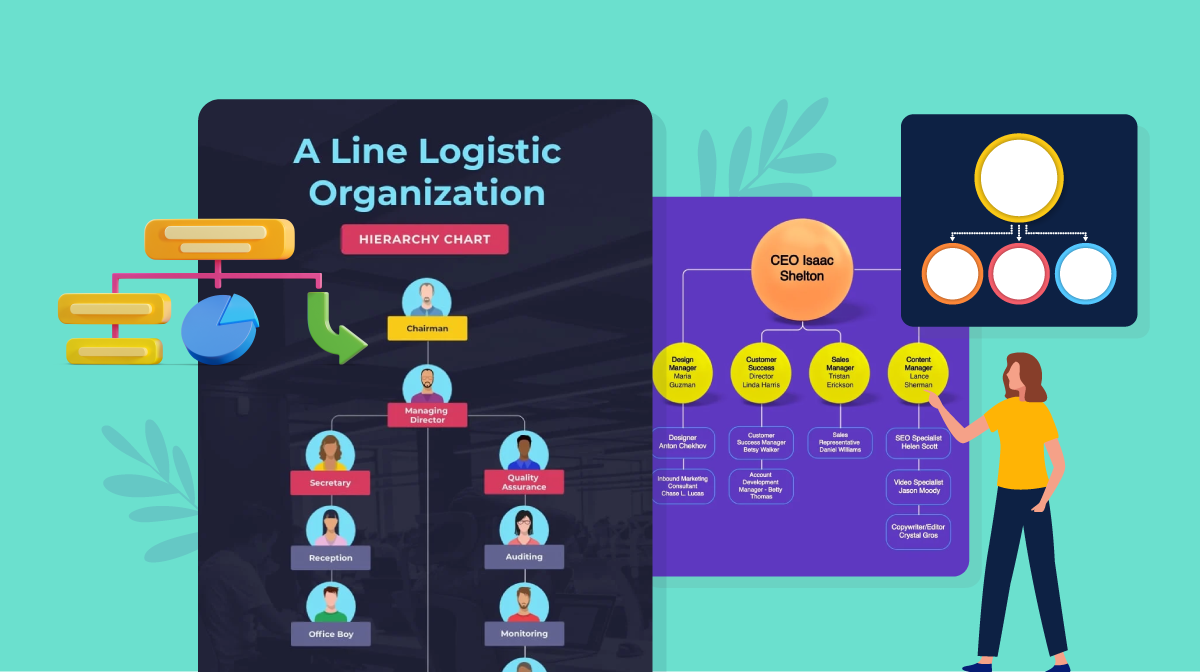
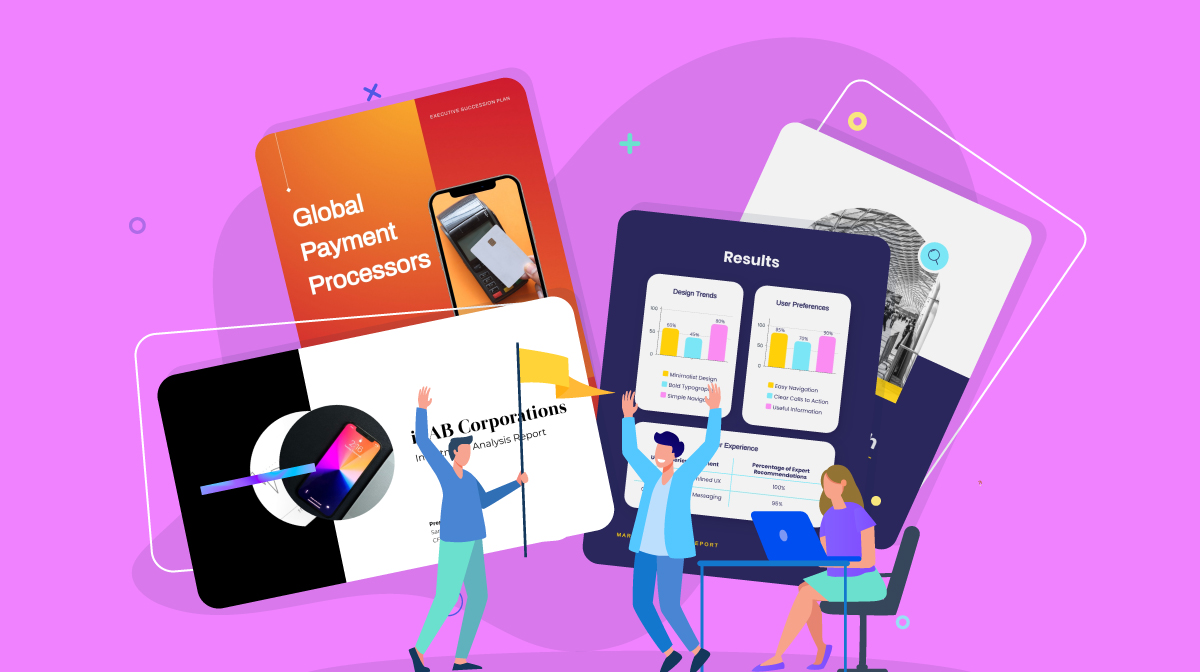


![How to Create an Employee Engagement Action Plan [Including Templates]](https://visme.co/blog/wp-content/uploads/2023/09/How-to-Create-an-Employee-Engagement-Action-Plan-Thumbnail.jpg)
![How to Create an Effective Employee Development Plan for Your Company [Including Templates]](https://visme.co/blog/wp-content/uploads/2023/07/How-to-Create-an-Effective-Employee-Development-Plan-for-Your-Company-Thumbnail.jpg)